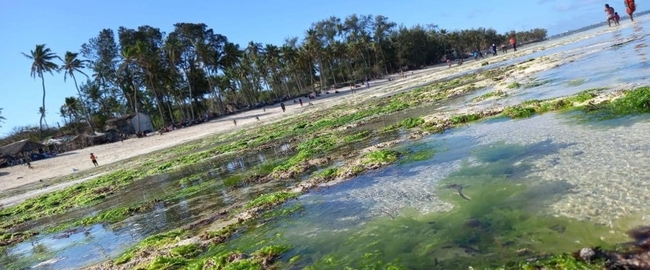Background
Tropical coasts are highly productive and biodiverse socio-ecological systems. They sustain millions through the diverse ecosystem services they provide, including fisheries, tourism, and coastal protection. At the same time, these areas face rising sea levels, more frequent flooding and drought, rapid population growth, and increasing pressure on natural resources. Given their vital role and mounting pressures, comprehensive metrics are needed to assess the state and changes of (tropical) coastal systems. Existing indices often focus on a single dimension of coastal systems (i.e., environmental, ecological, or socio-economic) and may impose generic targets, overlooking the unique contexts and stakeholder needs of tropical coasts. This highlights the need for an integrated assessment framework tailored to these diverse and dynamic environments.
Introducing ESTiCS
With ESTiCS, we are developing a comprehensive index to assess the state and trends of tropical coastal socio-ecological systems in the context of global change. Integrating ecological, environmental, and socio-economic factors, ESTiCS offers a holistic, trend-based assessment without relying on predefined baselines or targets. The index will be co-designed through collaborative workshops and regional symposia with experts and local stakeholders, ensuring both local relevance and global comparability.
It will utilize ZMT’s DIGIZ platform for transparent, accessible data management and draw on multidisciplinary expertise in ecology, socio-economics, and geosciences. The ESTiCS index will provide actionable insights to guide future policy, management, and conservation for sustainable tropical coastal systems.





